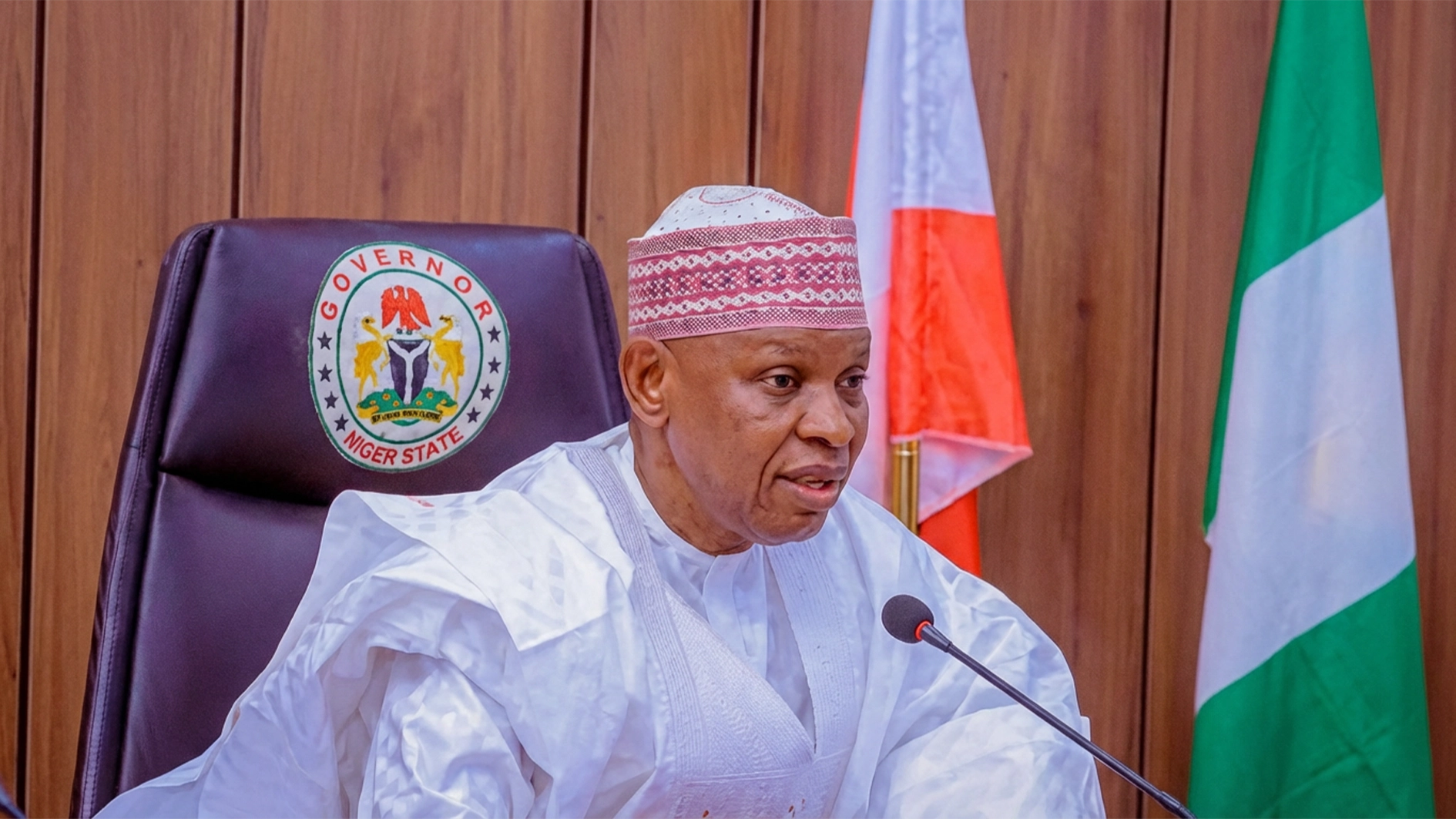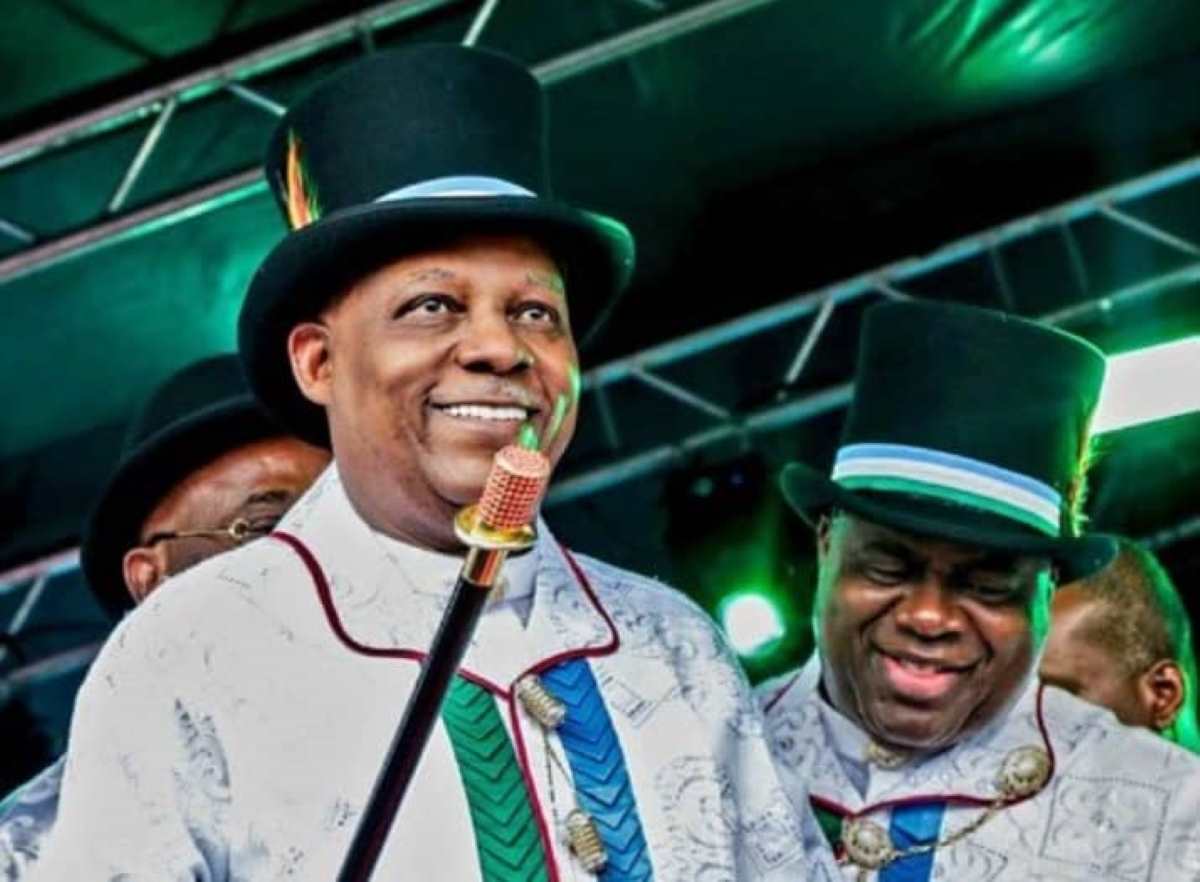Against the backdrop of the recently released statistics by the Independent National Electoral Commission (INEC) on the Continuous Voters Registration (CVR) in the country, which placed Osun in the lead with 474,372 registrants, the Peoples Democratic Party (PDP) in the state, on Thursday, demanded that the umpire exhibit more transparency in the exercise.
A statement by the party’s director of media, Hezekiah Oladele Bamiji, questioned the alleged wide disparity between the number of online pre-registrants and those who have completed the mandatory in-person registration exercise in the state.
While contending that fewer than 600 registrants had completed the in-person process as of the time of the commission’s report, the party described the development as “a worrisome gap that raises serious questions about the transparency, credibility, and efficiency of the registration process.”
The party said it is unacceptable for INEC to continue producing figures without establishing a verifiable and transparent process for political parties and stakeholders to monitor. They emphasised that the primary purpose of the exercise is to enable Nigerian citizens to participate in the electoral process, not for personal agendas or complex calculations.
The party added, “Beyond being a mere statistical error, the deliberate under-reporting of Osun’s CVR figure raises serious questions about the credibility of INEC’s data management. How could over 25,000 duly completed registrations physically captured by INEC officials across Osun suddenly shrink to just 500 registrations in the national office’s report? Such a gaping disparity cannot be waved aside as a clerical mistake.
“It is inconceivable and unacceptable that Osun, a state where daily averages of 1,500 to 2,000 voters complete their in-person registration, would be falsely presented with only 500 completed registrations for the entire reporting period.
“This contradiction directly insults the intelligence of the electorate and dangerously undermines confidence in the commission’s preparedness for the August 2026 governorship election as well as the 2027 general election.”






